Understanding how birds wake, sleep, and stay alert isn’t just fascinating, it reveals the hidden rhythms that shape their entire lives. Birds operate on a finely tuned 24-hour internal clock, one that dictates when they feed, sing, migrate, rest, and protect their young.
Unlike humans, their sleep is brief, strategic, and constantly interrupted by the need to stay alert for predators. From the moment the first light hits the sky to the final calls at dusk, every species follows a unique pattern that helps it survive.
In this guide, we explore how a bird’s internal clock works, what drives its daily routines, and why these behaviors matter for birdwatchers and homeowners alike.
The Dawn Chorus: Waking Up
What time do birds wake up and start chirping?
Most songbirds are early risers, waking up 20 to 30 minutes before sunrise. This first explosion of song as the sky lightens is famously known as the dawn chorus. Birds like robins, cardinals, and sparrows are often the first to begin, their songs filling the still, cool air.
Why do birds wake up so early?
Scientists believe there are several reasons for this early start:
- Claiming Territory: Singing is a bird’s way of shouting, This spot is mine! Stay away! Doing it first thing in the morning re-establishes their territory for the day.
- Attracting a Mate: A strong, energetic song signals to potential mates that a bird is healthy and has survived the night.
- Optimal Sound Conditions: Sound travels further and more clearly in the cool, less turbulent air of the early morning.
But why do birds sometimes wake up at 3 AM?
This is usually caused by artificial light pollution. A bright streetlight or security light can trick a bird’s internal clock into thinking dawn is approaching, causing it to start singing much earlier than normal. In some rare cases, you might also be hearing a truly nocturnal bird, like a nightingale or an owl.
Midday: The Workday and Siesta
After the morning concert, a bird’s day is consumed by the relentless search for food. They forage for insects, seeds, and berries to replenish the energy they lost overnight. As the sun gets higher and the day gets hotter, many birds take a siesta. They become less active, finding a shady, sheltered spot to rest, preen their feathers, and conserve energy until the temperature cools.
Evening Roost: Going to Bed
What time do birds go to sleep?
Just as their day is ruled by the sunrise, it ends with the sunset. Birds begin seeking their safe nighttime sleeping spots, or roosts, as the sun begins to go down. This process gives them enough light to find a secure location before darkness fully sets in. A bird’s bedtime is typically around sunset.
What about in winter?
In winter, the days are shorter and the nights are dangerously cold. Birds must spend every available minute of daylight finding enough high-energy food to survive the long night. Because of this, they often go to roost even earlier, right as the sun is setting, to conserve as much energy as possible.
check out our guide on what to feed bluebirds in winter, it explains exactly which foods help them stay healthy and active when insects disappear.
The Night: How Birds Sleep
How long do birds sleep?
Most songbirds require about 10-12 hours of sleep per night to function properly. Their sleep duration is naturally regulated by the length of the night, sleeping longer during the winter and for shorter periods in the summer.
Do birds sleep standing up?
Yes, they do! Perching birds have a remarkable adaptation: a special tendon in their legs that locks their toes around a branch when they squat. This flexor tendon allows them to grip the perch tightly without any conscious effort, so they don’t fall off while they sleep.
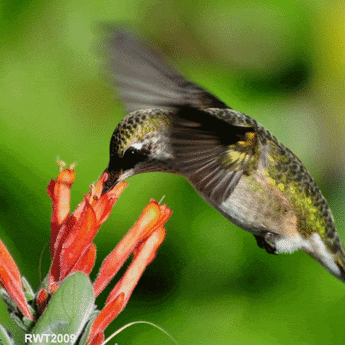
Sanom is a lifelong nature enthusiast and passionate backyard birder who has spent years observing bird behavior and building DIY birdhouses. With a deep curiosity for species like chickadees, wrens, and woodpeckers, he shares practical tips and heartfelt stories to help others attract, shelter, and appreciate the wild birds around them. Whether you’re crafting your first birdhouse or simply enjoying morning songbirds, Iftekhar’s guides on BirdHouseTales.com are designed to bring you closer to the magic of birdwatching.

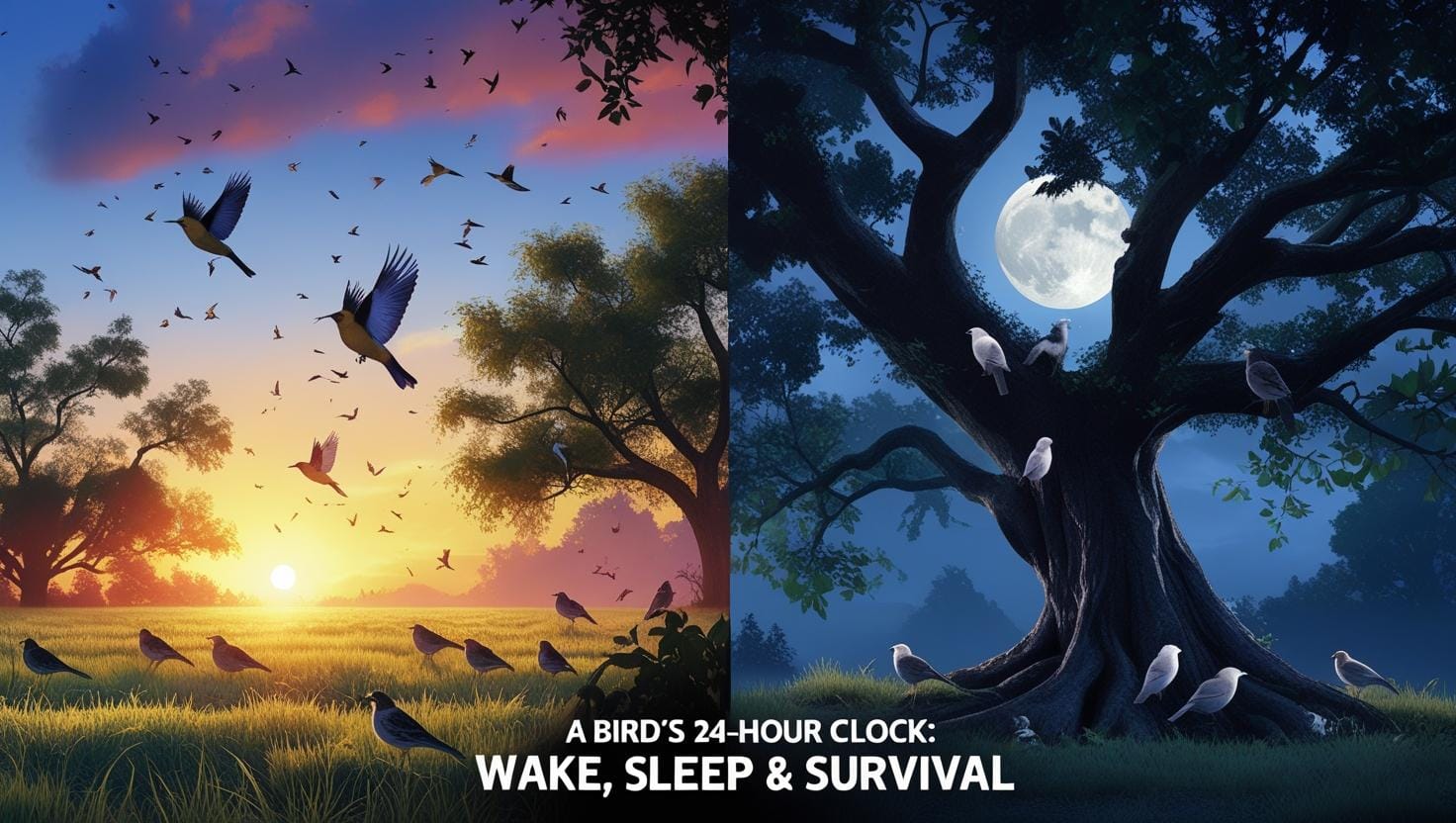
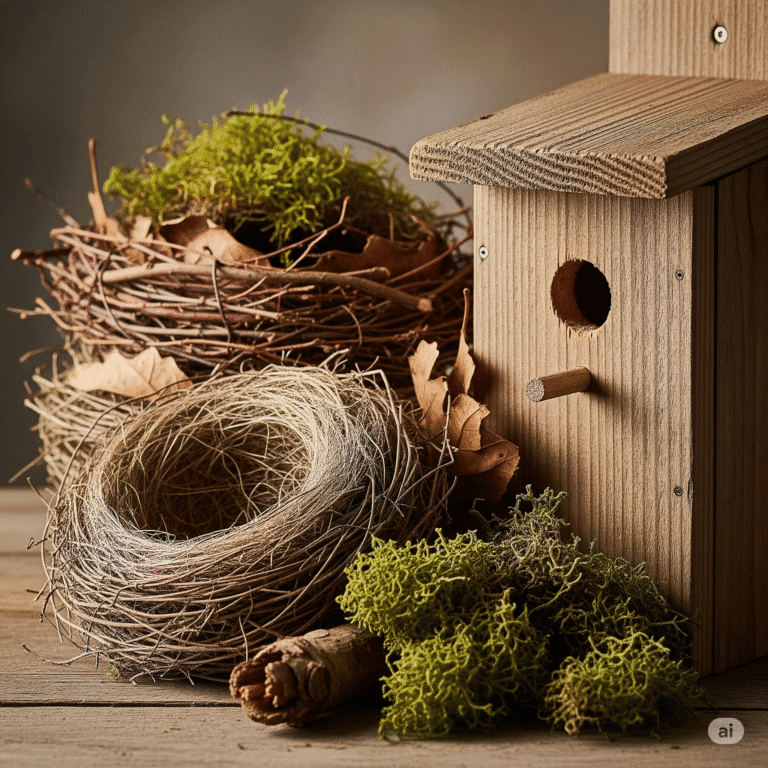
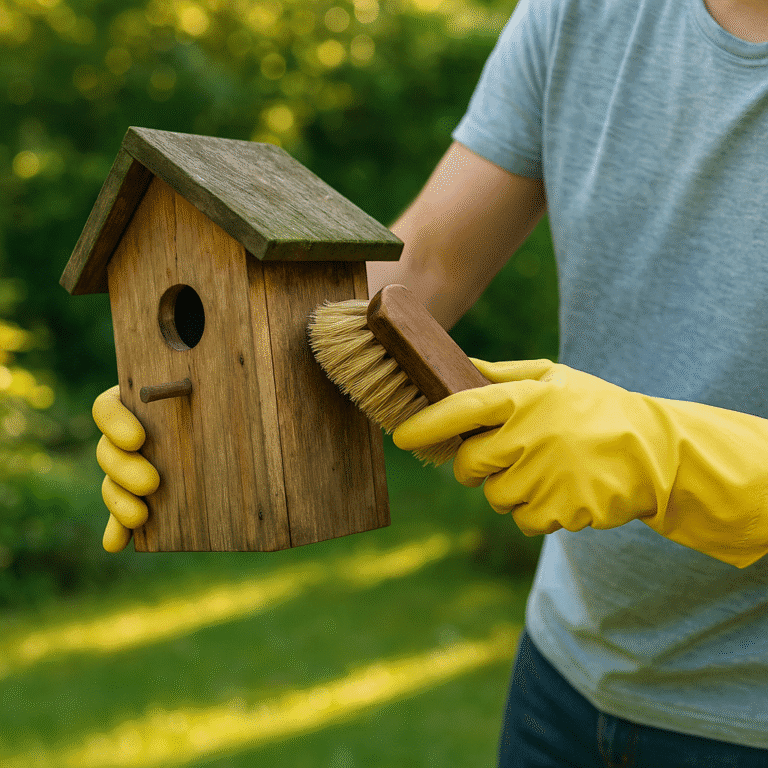
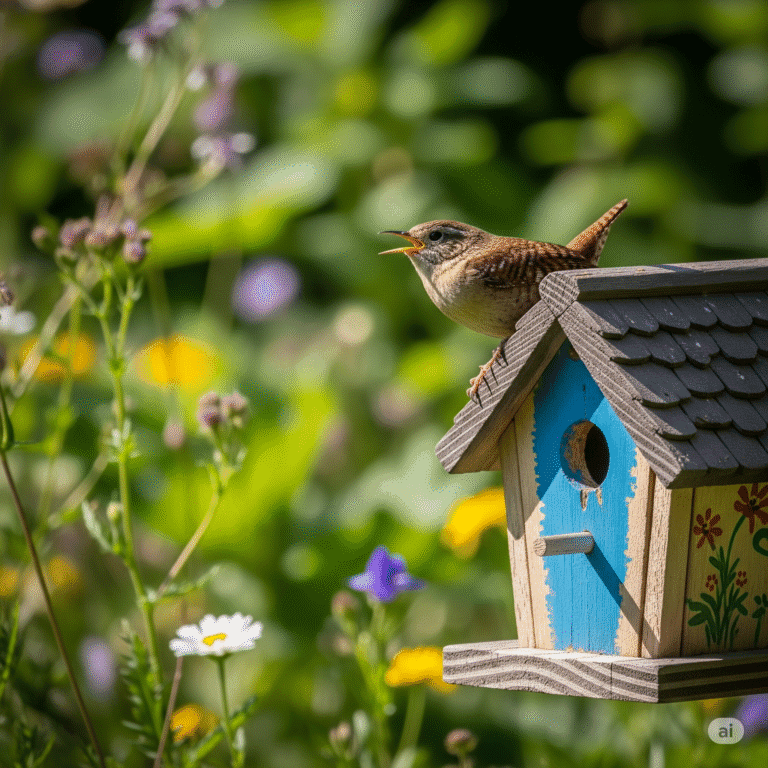

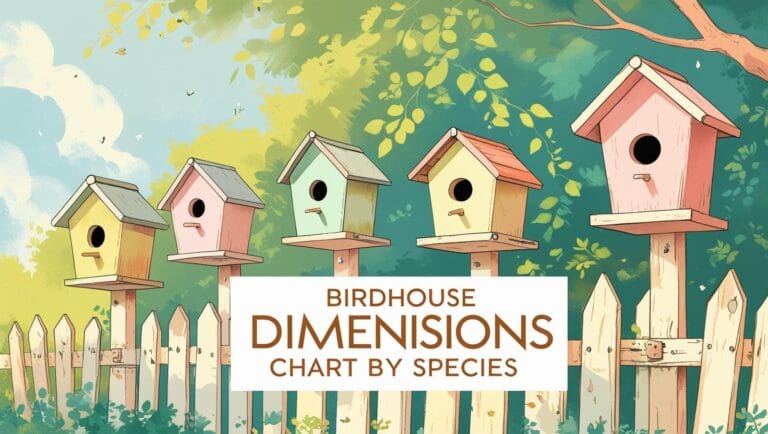
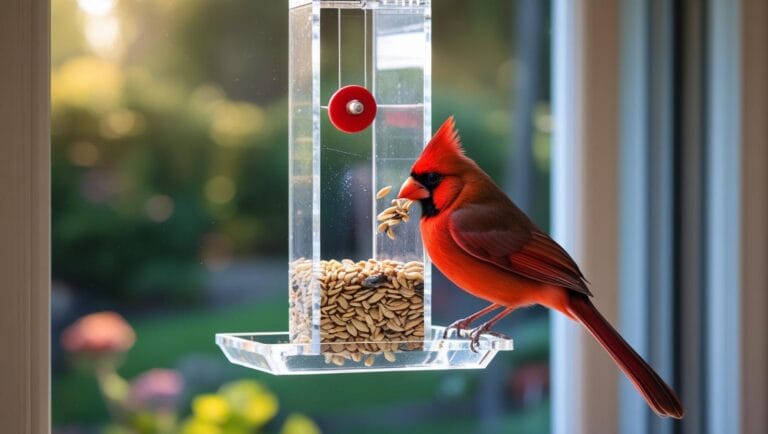
3 Comments